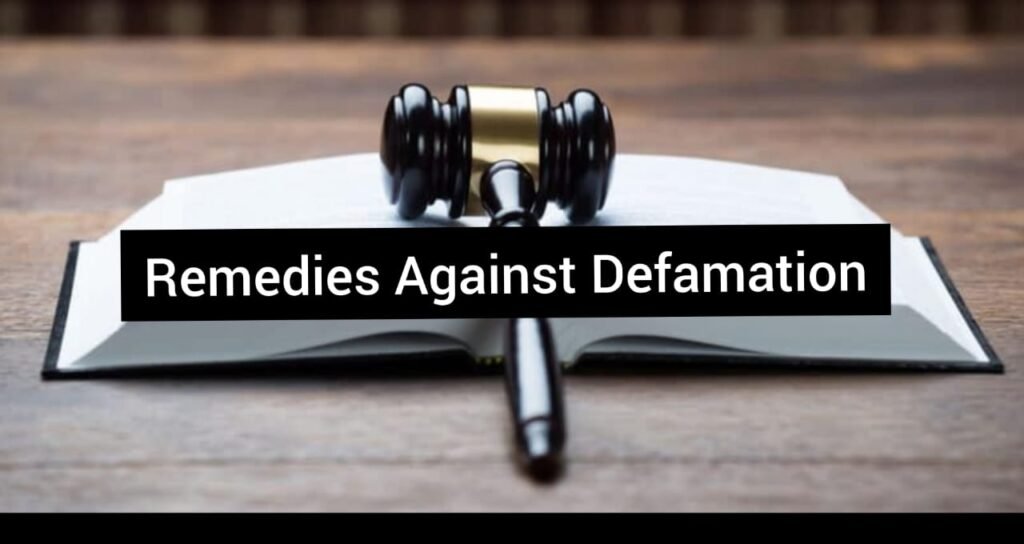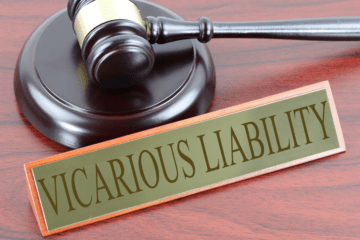
Defamation is the act of saying false things in order to down other person’s reputation. It is a wrong done by one person to another’s reputation by words spoken or written, signs or other visible representation. A man’s reputation is considered to be his most valuable property. It is quite often said that a property lost can be regained but a reputation once lost can never be recovered. That is why defamation is considered a civil as well as a criminal offence.
According to Section 499 of IPC, “Whoever, by words either spoken or intended to be read, or by signs or by visible representations, makes or publishes any imputation concerning any person intending to harm, or knowing or having reason to believe that such imputation will harm, the reputation of such person, is said, except in the cases hereinafter expected, to defame that person”.
As per Section 500 of Indian Penal Code, 1862 the offence is punishable with simple imprisonment up to two years, or with fine, or both.
According to Winfield, “Defamation is the publication of a statement which tends to be lower a person in the estimation of right-thinking members of the society generally or, which tends to make them shun or avoid that person”.
Remedies available to a defamed person:
The usual remedy for the tort of defamation is a civil action for damages. And in case of where there is threat of publication of a defamatory statement the plaintiff may ask for injunction. The damages may be special, general or exemplary and it depends on the nature and gravity of the offence.
There are some factors that the court generally takes into consideration for mitigating the quantum of compensation. These factors are as follows:
- Bad reputation of plaintiff
In Dingle vs. Associated Newspaper[1], the court said that where the plaintiff does not have any reputation in the society, obviously the question of loss of reputation does not arise. Therefore, he will not be entitled for substantial damages.
- Repetition of defamatory statement
Where the defamatory statement about the plaintiff is repealed by the defendant, the quantum of damages awarded in the subsequent suit may not necessarily be the same, it may be even less than the earlier one depending on the facts and circumstances of the case.
- Provocation
By pleading that the defendant had made the defamatory statement because he was provoked by the plaintiff, the quantum of damages can be mitigated. Where both the plaintiff and the defendant were making defamatory statements against each other, none of them can claim substantial damages against the other.
- Apology
By seeking an apology, the defendant can mitigate the quantum of damages. It will be a good ground for mitigation of damages or at least reducing it to nominal damages.
[1] [1964] AC 371




0 Comments